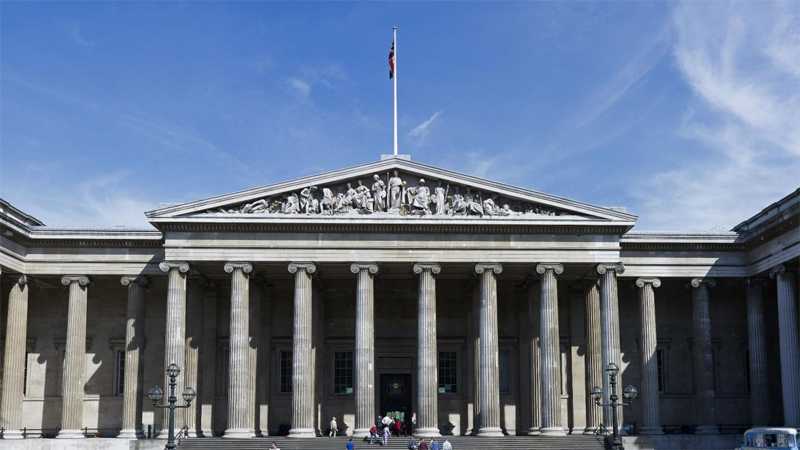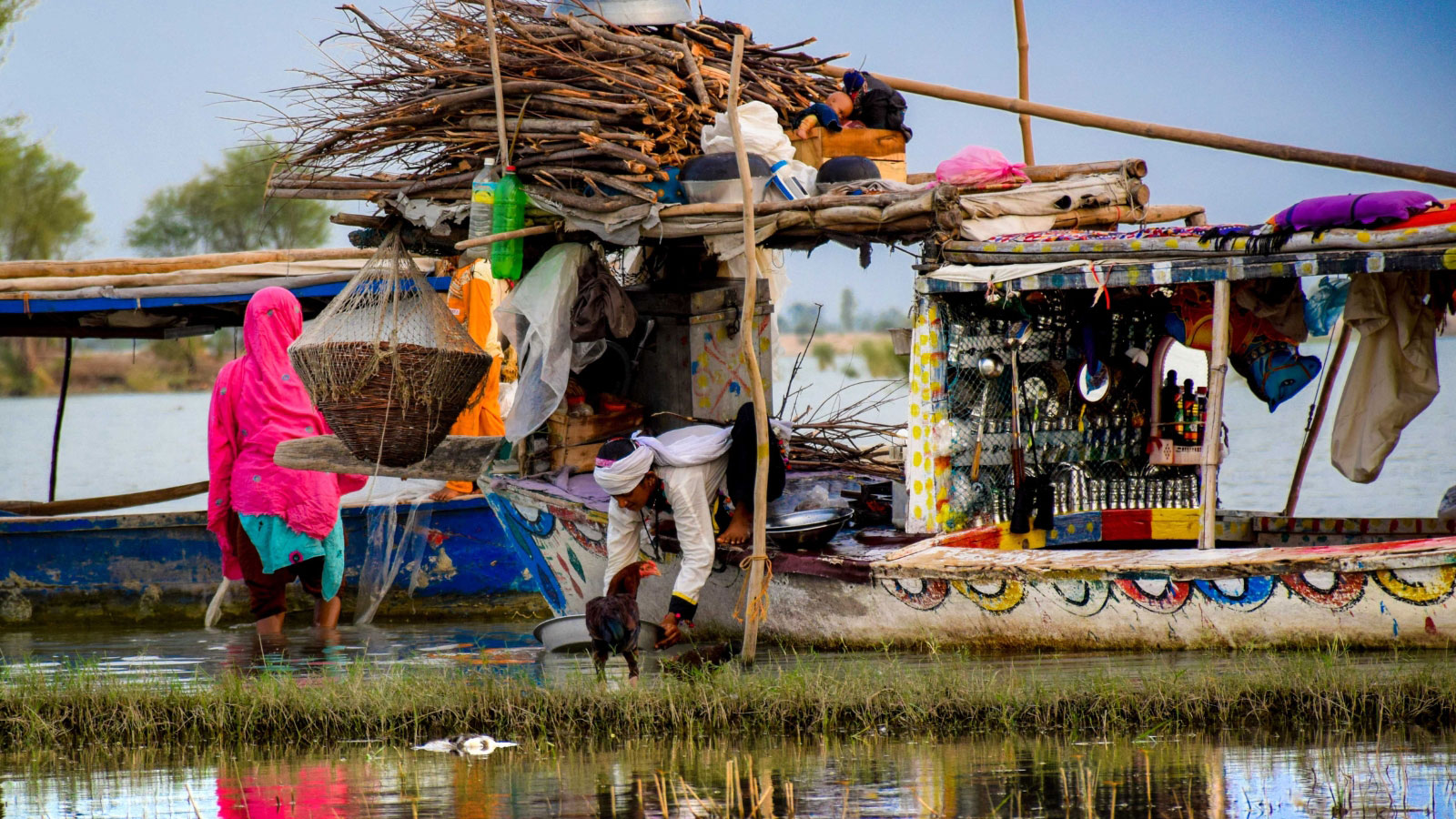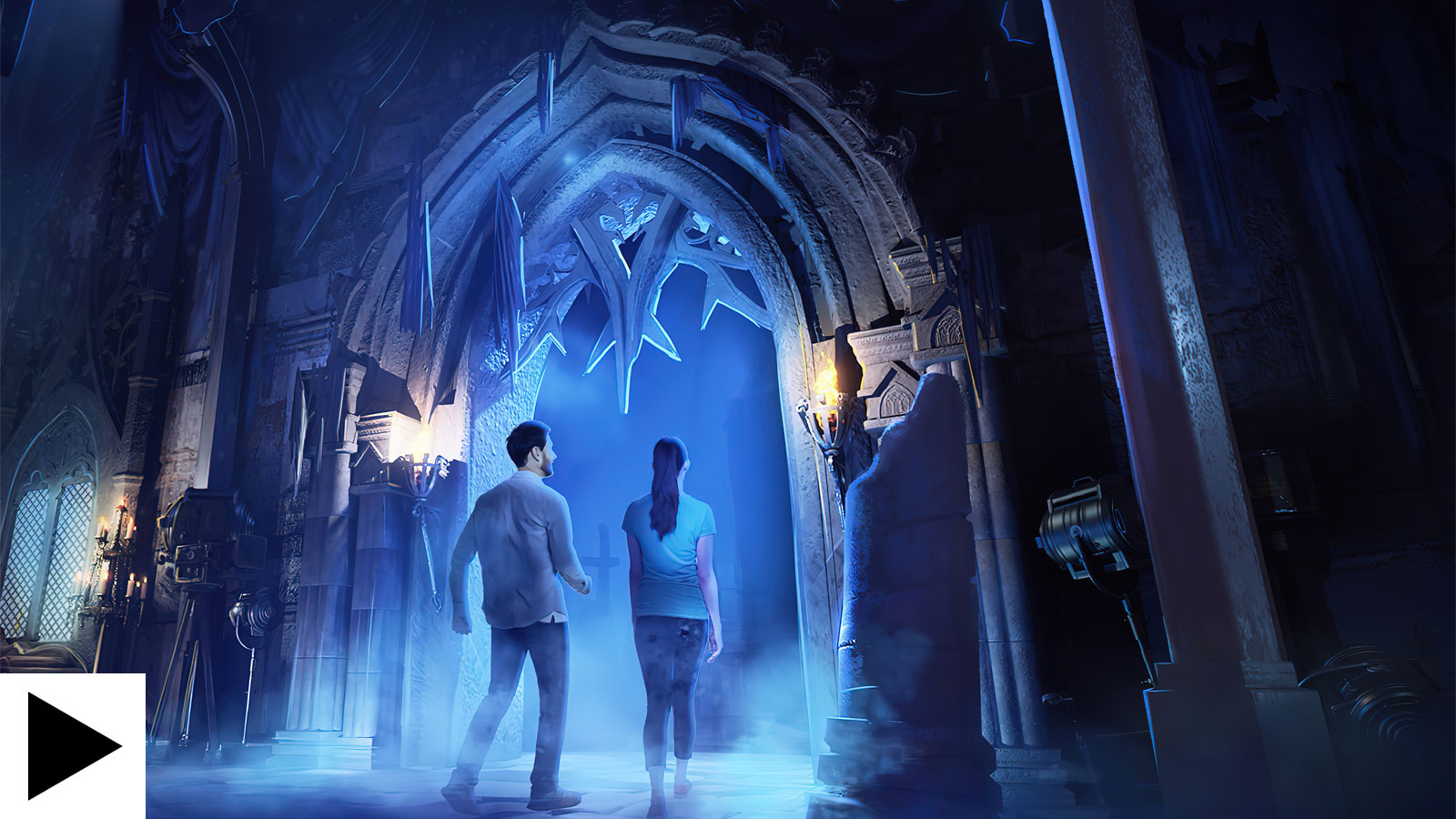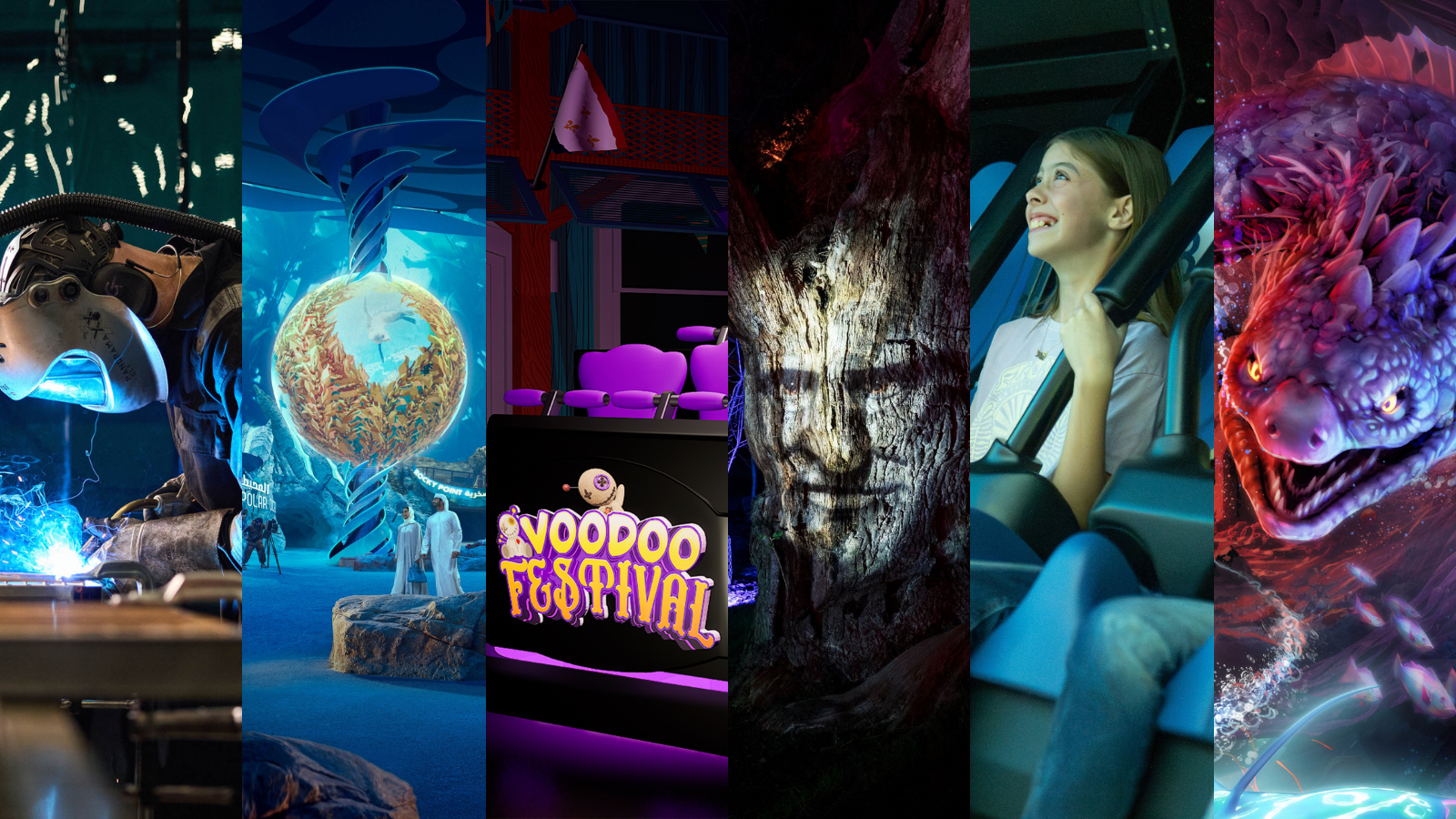|
Members of the Association of Leading Visitor Attractions are creating virtual experiences to aid homeschooling as Britain’s lockdown continues

Lauren Heath-Jones | Planet Attractions | 05 Feb 2021

 The British Museum is offering a host of free online learning resources Credit: British Museum The British Museum is offering a host of free online learning resources Credit: British Museum
With children in the UK learning from home until further notice, members of the Association of Leading Visitor Attractions (ALVA) have offered interesting and innovative activities to keep them educated and entertained while schools remain closed.
Bedtime ‘tails’ and virtual visits
Among these activities, ZSL London Zoo and Whipsnade Zoo have launched ‘Tails from the Zoo’, a Facebook video series, broadcast on Saturday and Sunday nights at 6:30 pm GMT, where a zookeeper tells both the animals and the audience a bedtime story.
A number of zoos are also hosting virtual visits, with Edinburgh Zoo, Chester Zoo and the Highland Wildlife Park all taking part. During these visits, visitors can learn about the attractions’ animals and how they’re cared for.
Shakespeare in Lego
The Shakespeare Birthplace Trust is offering several Bard-themed challenges, including developing potion recipes for the witches in Macbeth, re-imagining The Tempest as a comic strip and building a Shakespearian scene out of Lego.
Other institutions offering home learning activities include the Museum of London, which is giving video tours - called #WednesdayWalks - of historic London landmarks, as well as encouraging children to recreate the Great Fire of London in their own lolly stick theatres.
At the Tate gallery, viewers are being tasked with making art using their bodies.
Experiments at home
In addition to its partnership with BBC Bitesize, The Science Museum Group is offering a host of at-home learning resources including games and apps. Meanwhile, Thinktank, Birmingham’s science museum, has created a 16-part video series of ‘kitchen’ science experiments for viewers to carry out at home. Topics include: How to make ice cream without a freezer and how to get an egg back from space.
Online resources
Major London institutions are also getting involved, with the Natural History Museum holding digital events, while the National Gallery is offering a variety of hands-on family activities and the British Museum has a wealth of free online learning resources.
In addition to online jigsaw puzzles and activities for children, the Old Royal Naval College has a podcast aimed at KS2 children, while the Imperial War Museum has an online Home Learning Hub.
Other attractions with a digital education offering include The Wallace Collection, the Ashmolean, Westminster Abbey, Leeds Castle, the V&A, the Royal Academy, the National Portrait Gallery, Waddesdon Manor, National Museums Scotland, The Museum of Natural History (Oxford), Kew Gardens, the Roman Baths, the Historic Royal Palaces and the Southbank Centre.
Finally, the Royal Museums Greenwich is celebrating events throughout the year such as LGBTQ+ History Month and Lunar New Year.
“All visitor attractions provide educational and learning experiences in normal times, physically onsite and digitally online, but over the last year they have all stepped up to the challenge to produce even more creative learning experiences to help children, teachers and parents who are learning and teaching at home,” said ALVA director Bernard Donoghue.
“We know that museums and galleries, parks and gardens, zoos and castles, palaces and cathedrals are the backdrops for people’s happiest memories and these examples of learning tools are just a small indication of how attractions keep themselves digitally open when they are physically closed.”
Visitor attractions
|
|






Supplier Showcase 2025: The biggest attractions projects landing worldwide this year
|